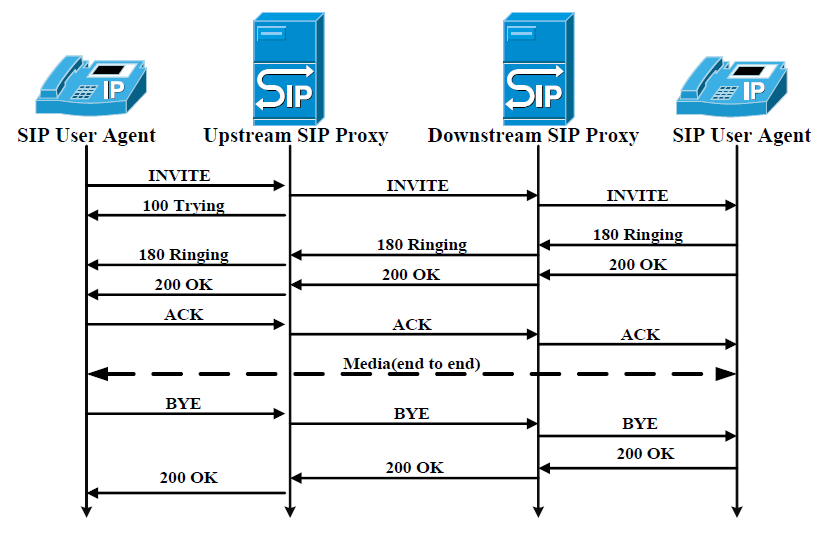
Having facilities such as being in text form, having end-to-end connection establishment and being independent from type of transmitted data, SIP protocol is a good choice for signaling protocol in order to set up a connection between two users of an IP network. However, utilization of SIP protocol in a wide range of applications has made various vulnerabilities in this protocol, amongst which overload could make serious problems in SIP servers. An SIP is overloaded when it does not have sufficient resources (majorly CPU processing power and memory) to process all messages. In this paper, attempts were made to improve window-based overload control in RFC 6537. In window-based overload control method, a window is used to limit the number of messages that are sent to an overloaded SIP proxy simultaneously. In this paper, first, fuzzy logic was used to regulate accurate size of window and then it was developed, implemented and evaluated on an Asterisk open-source proxy. Implementation results showed that this method could practically maintain throughput under overload conditions, dynamically change the maximum window size, and also fairly treat among various upstream servers.